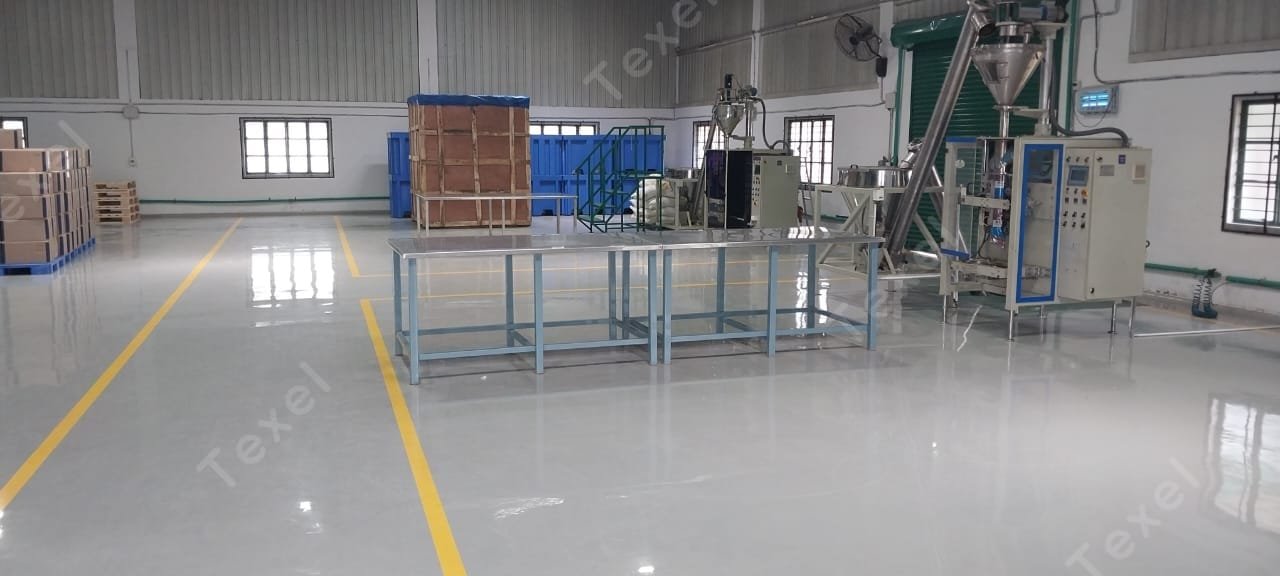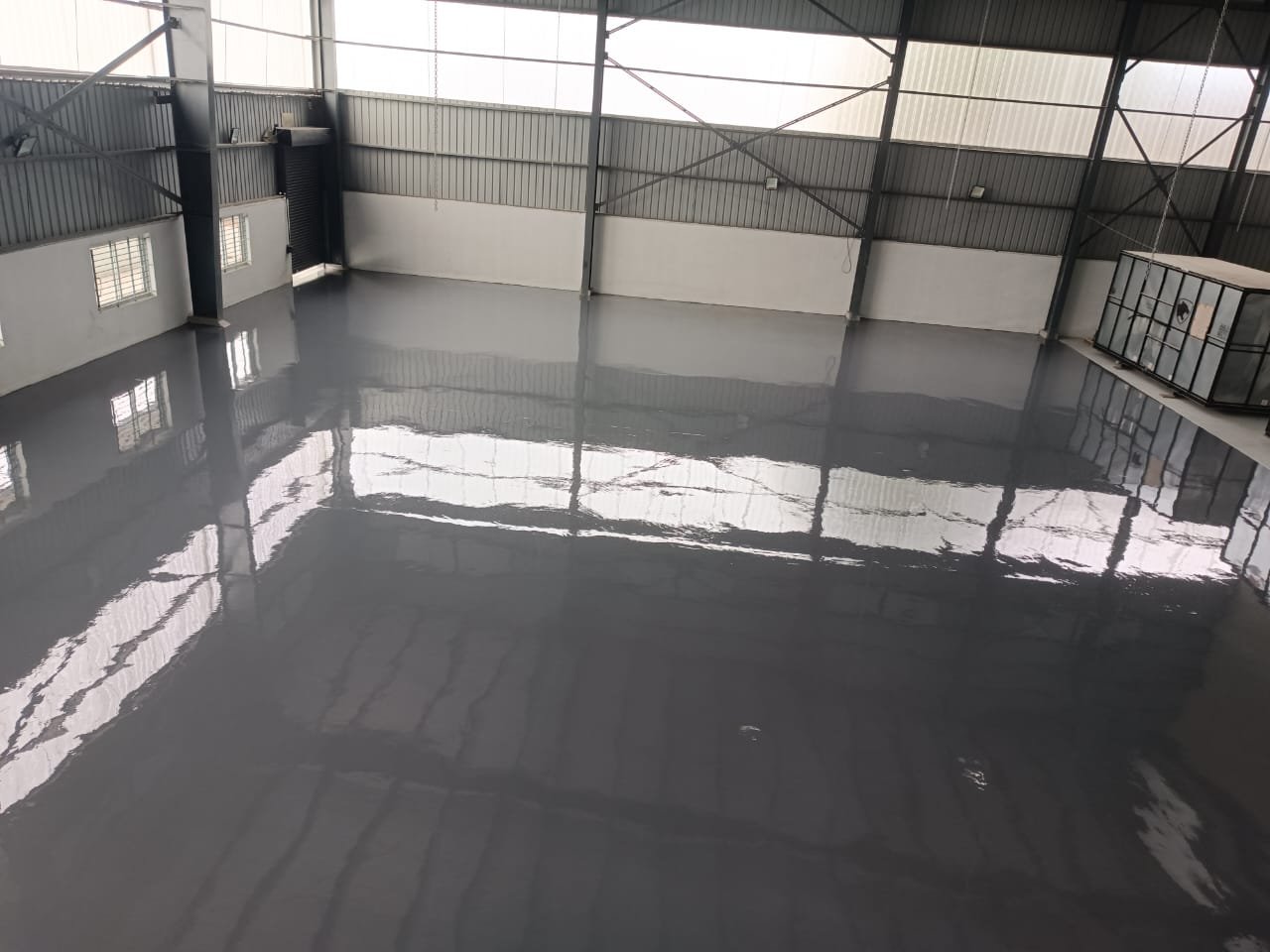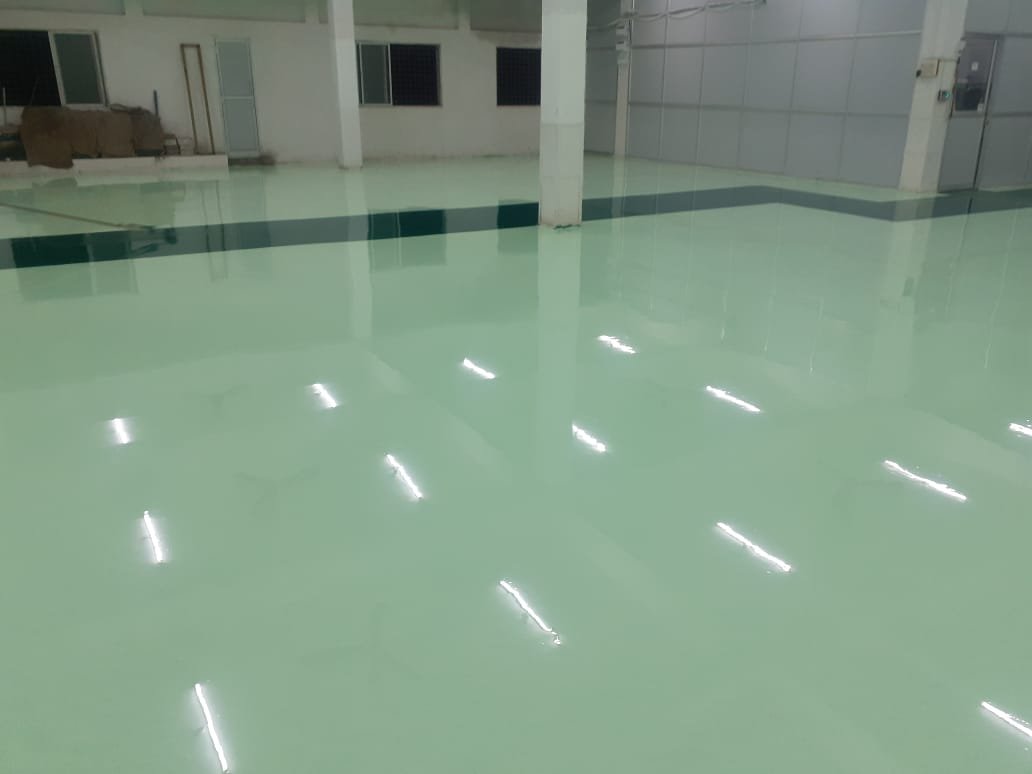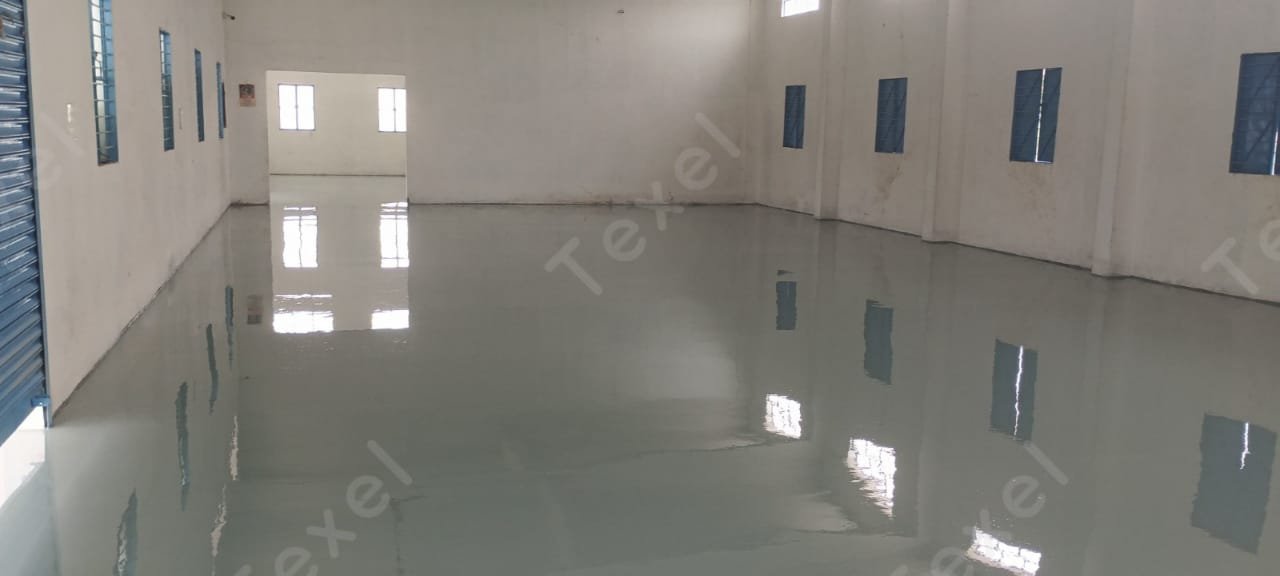IMPORTANCE OF EPOXY FLOORING IN HERBAL MEDICINE MANUFACTURING INDUSTRY
IMPORTANCE OF EPOXY FLOORING IN HERBAL MEDICINE
MANUFACTURING INDUSTRY
INTRODUCTION
In herbal medicine manufacturing, the choice of flooring is critical for
maintaining hygiene, safety, and compliance with industry standards. The
flooring must meet the specific needs of the environment, such as resistance to
chemicals, ease of cleaning, and durability.
WHY EPOXY
FLOORING IS CONSIDERED AS A PERFECT FLOORING OPTION FOR HERBAL MEDICINE
MANUFACTURING INDUSTRY ?
Epoxy flooring is widely regarded as an ideal choice for the herbal medicine
manufacturing industry due to its combination of durability, hygiene, and
compliance with industry regulations. Here are the key reasons why epoxy
flooring system is considered perfect for this sector:
1. Hygienic Properties
·
Seamless Surface: Epoxy flooring creates
a smooth, non-porous surface with no seams, joints, or cracks where dirt, dust,
or contaminants could accumulate. This is crucial in the herbal medicine
manufacturing process, where maintaining cleanliness is a top priority.
·
Easy to Clean: The smooth, impermeable
surface of epoxy floors makes them easy to clean and disinfect. This helps in
maintaining a sterile environment necessary for producing safe,
contaminant-free herbal products.
2. Chemical Resistance
Herbal medicine production often involves the use of solvents, acids,
alkalis, and other chemicals during the extraction, processing, and cleaning
phases. Epoxy floor is highly resistant to chemical spills and exposure,
preventing damage or degradation of the floor surface.
3. Durability and Strength
·
High Load-Bearing Capacity: Epoxy floors
can handle the weight of heavy machinery, storage racks, and foot traffic,
which are common in manufacturing environments. This durability is essential to
withstand the daily operations without cracking or wearing down.
·
Impact and Abrasion Resistance: The
surface is resistant to abrasions and impacts, reducing the need for frequent
repairs or replacements. This longevity reduces downtime and operational
disruptions.
4. Slip Resistance
Safety is a major concern in manufacturing facilities. Epoxy can be
formulated with slip-resistant additives, making it safer in areas where there
might be spills of liquids or oils used in the production process.
A slip-resistant surface helps in preventing accidents, especially in
high-traffic areas or zones prone to moisture.
5. Compliance with Industry Standards
·
Good Manufacturing Practices (GMP)
Compliance: Herbal medicine manufacturers must adhere to stringent
cleanliness and safety standards set by regulatory bodies like the FDA and GMP
guidelines. Epoxy can meet these standards, as it contributes to maintaining a
contamination-free environment.
·
ISO Cleanroom Compatibility: In cases
where herbal medicine production involves cleanroom environments (e.g., for
certain extraction or packaging processes), epoxy floor can meet the necessary
ISO standards for cleanrooms by providing a seamless, easy-to-sanitize surface.
6. Resistance to Moisture and Bacteria Growth
Epoxy is impervious to moisture, which is important in environments where
liquid spills or high humidity may be present. Its moisture resistance also
prevents the growth of mold, bacteria, and fungi, which could contaminate
herbal products.
7. Cost-Effectiveness
·
Long Lifespan: Epoxy flooring, once
installed, can last for many years with minimal maintenance. This reduces long-term
costs associated with frequent floor replacements or extensive repairs.
·
Low Maintenance Costs: The ease of
cleaning and maintaining epoxy floors means that less time and money need to be
spent on keeping the floors in optimal condition.
8. Customizability
Epoxy floor can be customized to suit the specific needs of a manufacturing
facility. This includes options for anti-static properties (important if
sensitive electronic equipment is used), different levels of slip resistance,
and even color-coding for designated areas.
Customization enhances both the safety and efficiency of the manufacturing
workflow.
9. Thermal and Shock Resistance
In some cases, herbal medicine production may involve processes that result
in temperature fluctuations or mechanical shocks. Epoxy flooring system can be
designed to resist thermal changes and absorb mechanical shocks without
cracking or becoming damaged.
10. Environmentally Friendly Options
Many epoxy flooring systems now offer low-VOC (Volatile Organic Compound)
options, making them more environmentally friendly. This is increasingly
important in the herbal medicine industry, which often emphasizes
sustainability and eco-friendly production practices.
CONCLUSION
Industrial epoxy flooring is an essential choice for the herbal medicine manufacturing industry due to its unmatched combination of hygiene, durability, and regulatory compliance. Its seamless, non-porous surface ensures easy cleaning and prevents contamination, which is critical for maintaining a sterile production environment. Its ability to meet regulatory requirements, withstand harsh conditions, and maintain a sterile, safe environment makes it a top choice for manufacturers looking to optimize their production facilities.
Tags In
Related Posts
Leave a Reply Cancel reply
You must be logged in to post a comment.




